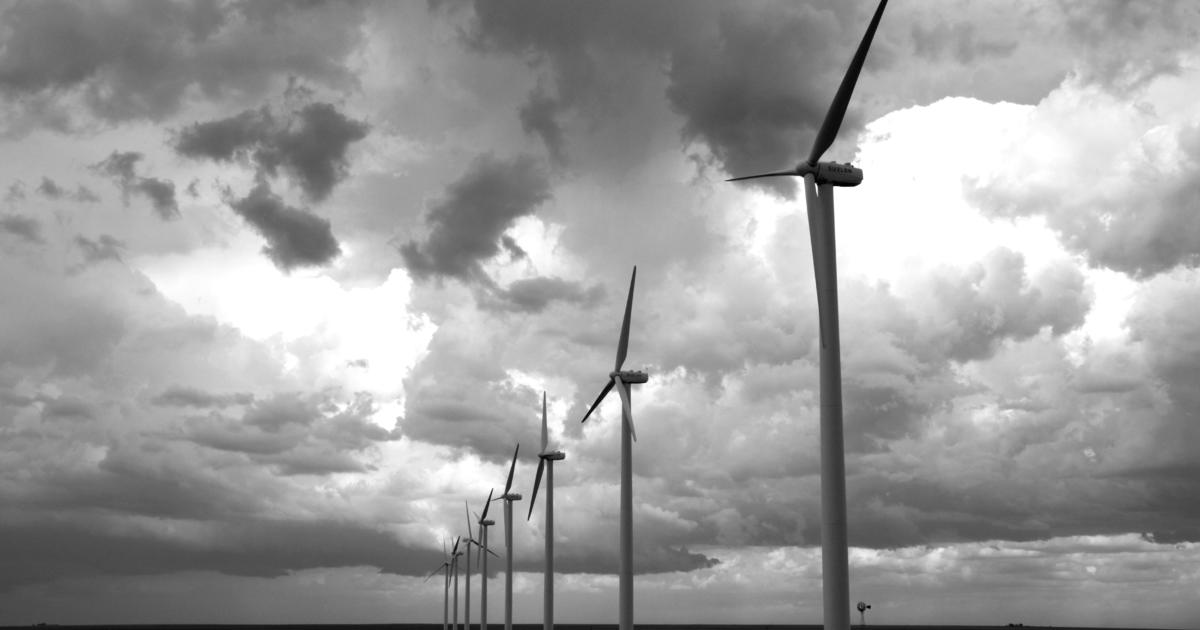Just saw this on Reddit where someone explains in some terms what is going on as well.... People did clarify the article...it's not like they are OUT of gas...but just cannot produce enough at the moment....
On the surface it seems like it's because it's cold in Texas but the problem isn't just failing to winterize. They can patch it up now and the next problem will come along and they'll fall apart again.
The problem is market incentives. Unlike the other states with deregulated power grids, ERCOT fails to incentivize grid capacity. They've hollowed out their baseline power generation in favor of alternative energy investors looking to make an easy buck.
This isn't the fault of wind energy. They're actually producing more power than expected. But what happened was while the green energy sector boomed, there was no money in upgrading oil and natural gas infrastructure to handle events like these where wind and solar are at low generation.
Because of the way they've structured pricing around grid capacity (by not rewarding baseline load), oil and gas power plants lose money when they operate in the winter season, which is usually mild in Texas. The way those baseline power plants save money is by not doing upgrades like winterizing, and another key factor: shutting down in the winter.
When the cold front hit, half the wind turbines shut down. That isn't a big deal. This was expected. Then, natural gas wellheads froze. New natural gas couldn't be gotten. But that's fine right? Texas is an oil and gas state after all. It has plenty of oil and gas.
Remember the part where their fossil fuel power plants are shut down for the winter? They can actually bring them up in short order, no problem. When all the other power plants were frozen out, ERCOT automatically increased the spot pricing of power, as it normally does. All the oil and gas plants scrambled to get back up and running. After all, they're losing out on millions of dollars every hour they're not pumping out electricity.
Which brings it to the final problem. As one of the cost-saving measures they took, these oil and gas power plants only store small amounts of fuel on site. They quickly run out. They look to Texas's many wells and refineries. But guess what those aren't winterized either. They've stopped producing oil. Oil-fired power plants stop working without oil. Combine-cycle gas generators don't run without natural gas. Electricity stops flowing.
Texas is freezing, because it's run out of oil and gas.
Let that sink in for a moment.
Texas. Ran. Out. Of. Oil. And. Gas.
At the moment, ERCOT is promising these power plants 50x the normal price for energy in certain cases. If anyone's got fuel and they're not burning it to make money, their investors should sue them for being idiots. The 30 GW deficit really goes to show how there is no more capacity.
In the future, oil and gas plants will probably be asked very politely by the people of Texas to keep more fuel on hand. Power plants will be asked to winterize. But at the end of the day, the issue is a lack of market incentive for grid capacity.
When I say they'll be asked to prepare more for the next spike in demand, that's a short-term solution that'll give them more time in an emergency. Obviously not a long-term fix. But even then, I'm being optimistic. It's entirely likely they just blame one of the hundreds of red herrings in the whole fiasco, blindfold themselves, and call it good.
This problem will only get worse as Texas's baseline generators get older and they shift more into green energy. The solution was to invest in both: keep upgrading old plants and incentivize them to pad the capacity, build new wind and solar, maybe consider nuclear in the long run. Unless they fix their market incentive structure, this will happen again. Maybe it'll be the hottest days in summer. Maybe it'll be another winter storm. Maybe it'll be the next superbowl. Nobody knows. Oh yeah, and electricity bills will go up.




